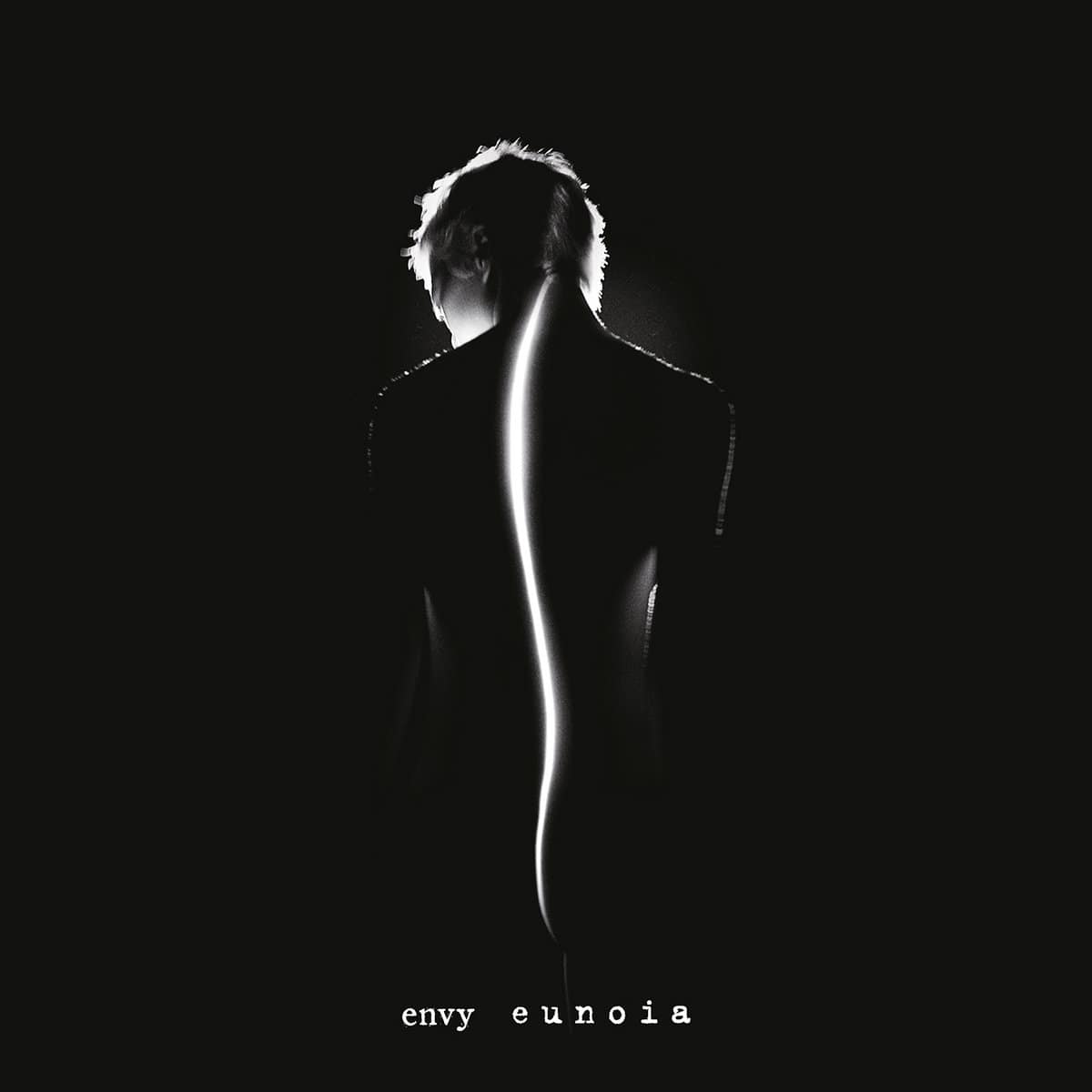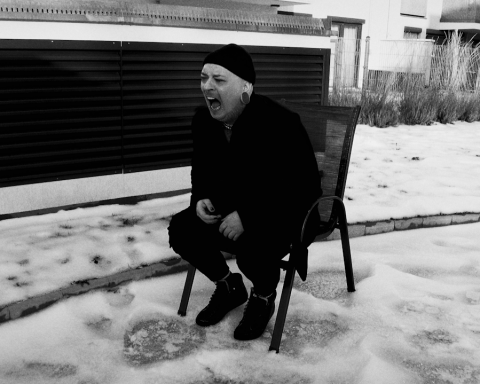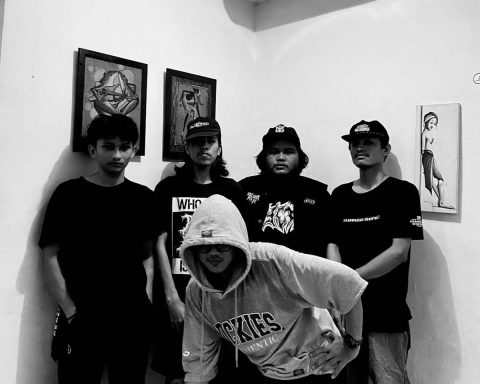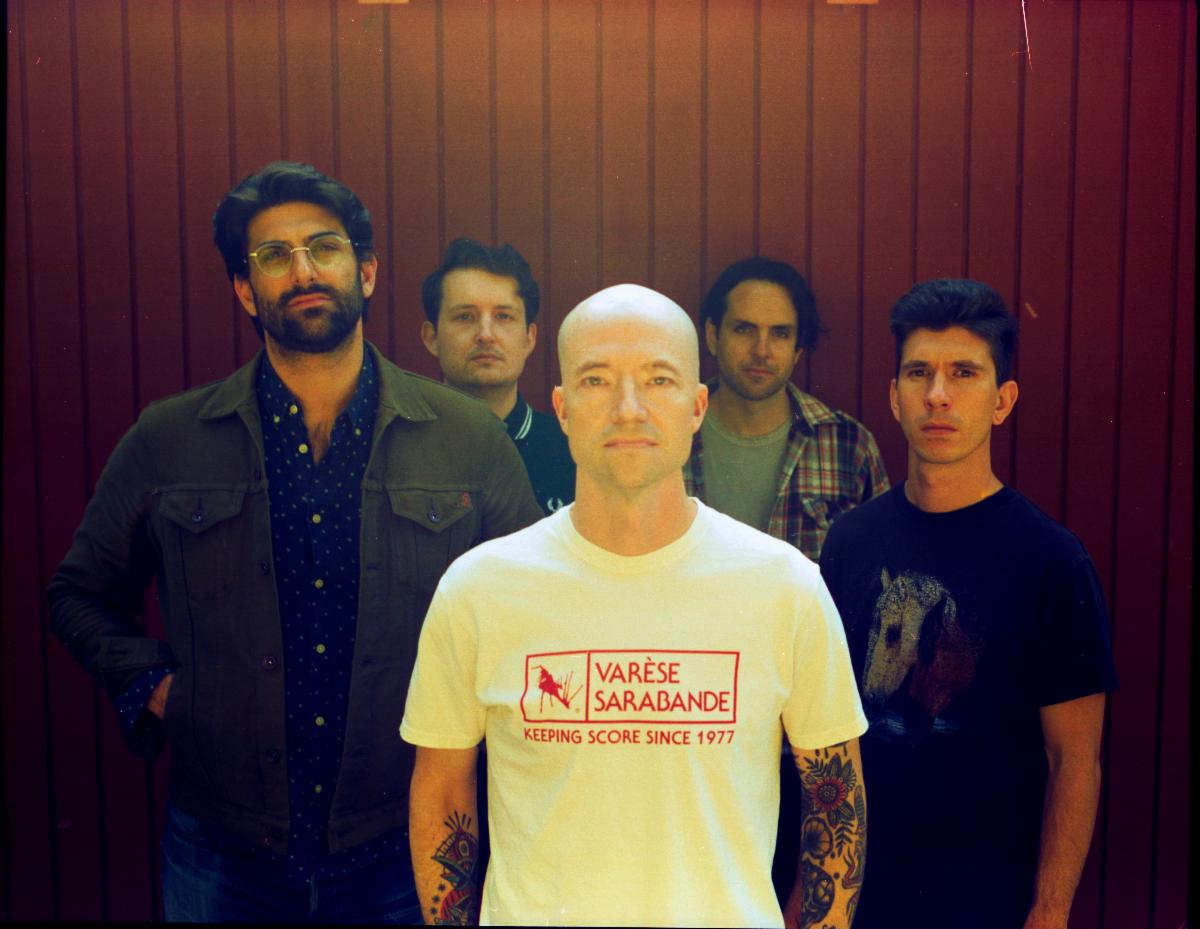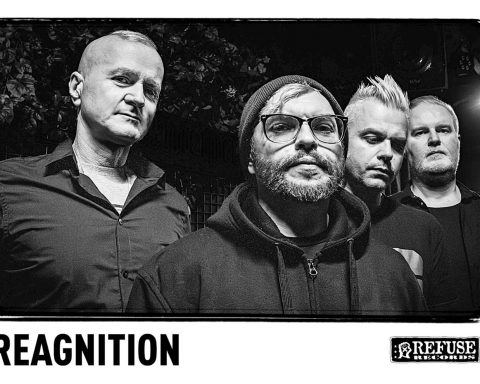There are few bands I’ve followed as closely as Envy over the years. They’ve been a cornerstone of post-hardcore, always delivering something new, raw, and transcendent. But as I hit play on Eunoia, their tenth album, I couldn’t help but wonder—has their formula worn thin? Or do they still have that fire that made them such a creative force in the first place?
Let’s start with this: Eunoia is a bold statement. For a band that’s been around for over 30 years, it would’ve been easy for them to fall into repetition or nostalgia. But that’s not what Envy does. This album shows they’ve still got it, still pushing boundaries in both sound and emotion. There’s something fresh and vibrant here, despite the years behind them.
From the very first track, “Piecemeal,” we’re plunged into the band’s signature mix of spoken word and atmospheric guitars. It’s quiet and contemplative, like they’re giving you a moment to settle in before “Imagination and Creation” hits—an aggressive, blast-beat-laden dive into classic post-hardcore. This duality, soft spoken moments crashing into raw aggression, has always been their strength, and it’s as powerful as ever here.
One thing that stood out immediately is Tetsuya Fukagawa’s performance. His voice is magnetic, switching effortlessly between soft recitations and full-throttle screams. He’s always had a way of pulling you in, even if you don’t understand the words. It’s more about the emotion he channels, the intensity that builds through tracks like “The Night and the Void” and “Whiteout.” There are moments where you can hear his voice break, and it’s in those cracks that the album’s vulnerability really shines through.
Musically, Eunoia doesn’t stick to one formula. You’ve got screamo-infused post-hardcore on one side, and then, out of nowhere, tracks like “Beyond the Raindrops” bring in a dreamy, almost shoegaze-like softness.
The contrast is sharp, but it works. That’s the beauty of this album—it doesn’t feel predictable, even for a band that’s been evolving for decades.
However, not everything is perfect. There’s a sense that some of the ideas on Eunoia don’t fully land, especially in the album’s middle section. Tracks like “Lingering Light” feel a bit disjointed, as if the band is experimenting but not quite hitting the mark. But even in those moments, there’s a richness to the sound, an emotional depth that keeps you hooked.
The standout tracks—“Imagination and Creation,” “Whiteout,” and the closer “January’s Dusk”—are where Envy really hit their stride. They remind you why this band has been able to stay relevant for so long.
Eunoia may not be their absolute best, but it’s damn close, and it proves they’ve still got plenty of fight left in them.
As guitarist Nobukata Kawai said in an interview, Eunoia is about “honestly facing their own powerlessness” and finding hope in daily life. That sentiment is woven through the whole record, from the fragile spoken word passages to the towering walls of sound that seem to break through the darkness. It’s an album that feels both intimate and grand, like a conversation about the struggles of the world that somehow leaves you feeling lighter.
In the end, Eunoia isn’t just a continuation of Envy’s legacy—it’s a reaffirmation that they’re still one of the most compelling bands out there. After all these years, they haven’t lost their edge, and this album is proof that their creative well hasn’t run dry.




